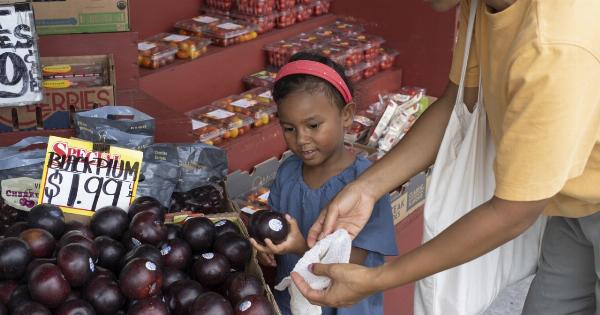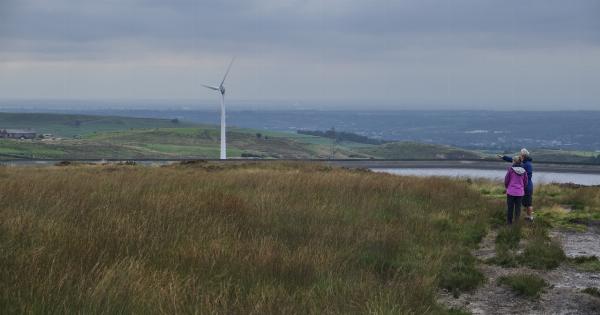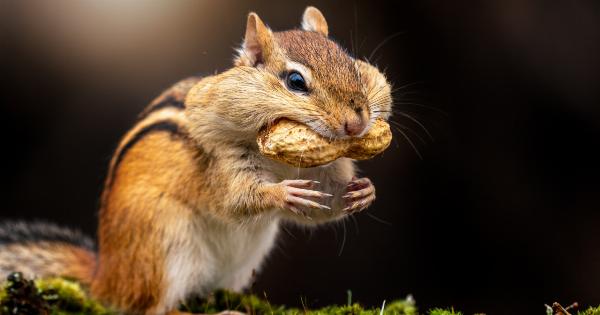Parenting is one of the most rewarding experiences in life. However, parenthood comes with unique challenges, among them environmental consciousness.
Environmental consciousness begins with the understanding that our actions have an impact on the environment and requires us to make choices that reduce damage to the environment. As a parent, you’re responsible for instilling the right values in your child while protecting the environment they’re growing in. This article will explore how parenthood affects our environmental mindfulness.
How Parenthood affects our environmental mindfulness
Parenting creates new responsibilities and perspectives that shape our relationship with the environment. We become aware of the effect that our actions have on our children and the world we live in.
Parenthood poses curiosity in children as they ask questions that demand absolute answers, leading us to seek information and knowledge on how to protect the environment. Here are some of the ways parenthood affects our environmental mindfulness.
The Choices We Make
When we become parents, we have to change our choices and behaviors. We have to consider the safety of our children in everything we do and what we expose them to. As parents, we start to value sustainability and green living more than ever before.
We are also keen on monitoring the things that our children watch or play and make choices based on the environmental impact.
Energy usage
Parenting and sustainability intersect around energy usage. Parents are mindful of the amount of energy spent at home, and they try to reduce their energy consumption to save money and conserve the environment.
Parents ensure that their children understand the need for energy conservation through simple acts such as turning off the lights, air conditioning, or TV when leaving the room and unplugging the electronics when not in use.
Sustainable products
As parents, we want the very best for our children, and that includes using eco-friendly products.
Sustainable parenting means using environmentally friendly products, such as organic and biodegradable products, to minimize the overall impact on the environment. These can include cloth diapers instead of disposable diapers, non-toxic toys, and eco-friendly cleaning products, among others.
Food Choices
Parenting requires us to be mindful of what our children are eating. It is, therefore, important to make healthy and nutritious food choices as well as cultivate a food culture that is environmentally friendly.
Parens can achieve this by opting for organic and locally grown food, cutting down on meat consumption, and choosing to eat at restaurants that use eco-friendly practices such as food waste reduction and the use of biodegradable or reusable utensils. Moreover, gardening can be an excellent way for families to grow their food sustainably.
Reduction of waste
The significant environmental impact that waste has on the environment is undeniable. As parents, we try to reduce waste as much as possible to ensure that our children have a world that is worth inheriting.
We practice the three R’s – Reduce, Reuse, and Recycle. This means that we reduce the purchase of new items, invest in reusable products such as water bottles, and recycle as much as possible.
Transport Choices
Parents make their transport choices based on the safety and convenience of their children. However, we can significantly reduce the environmental impact of our transport choices.
As mindful parents, we reduce the reliance on private cars and opt for public transportation, walking or cycling whenever possible. Walking or cycling is not only an excellent physical activity, but it is an opportunity to spend quality time with your children.
It can also be a great teaching moment to show your children the importance of environmentally friendly transportation choices.
Celebrating nature
Parenthood provides an opportunity to celebrate nature and the beautiful world we live in. As parents, we take our children to explore nature and instill in them a deeper appreciation for the environment.
Activities such as hiking, camping, and nature walks create a lasting impression on children, and they learn to appreciate and protect the environment. Celebrating and exploring nature also opens up avenue for having conversations with our children about the environment and the importance of environmental protection, starting from their immediate environment.
Education
As parents, we are the primary teachers of our children, and the same applies when it comes to environmental consciousness. It is important that we educate our children on the importance of environmentalism and sustainable living.
We can start by discussing simple concepts like turning off the lights when not in use or turning off the tap while brushing teeth. Simple green living concepts can be turned into playful and educational activities, and when done consistently, this type of education will instill environmental consciousness in children.
Involving Children in Environmental activism
Adult actions are not enough to generate the necessary changes needed to protect the environment. It is, therefore, essential to educate and empower children to become environmentally conscious global citizens.
Involving children in environmental activism, such as environmental clubs at school, cleanup exercises, and eco-fundraising initiatives, can be a great way to give children a sense of ownership of their environment and empower them to be agents of change.
Conclusion
Parenthood, while rewarding, comes with unique challenges, such as environmental mindfulness. By making sustainable choices, we create a positive lasting impact on the environment while teaching our children the importance of environmental protection.
As parents, we should lead by example, and educate our children to become environmentally conscious global citizens who can impact positive change on the environment.





























